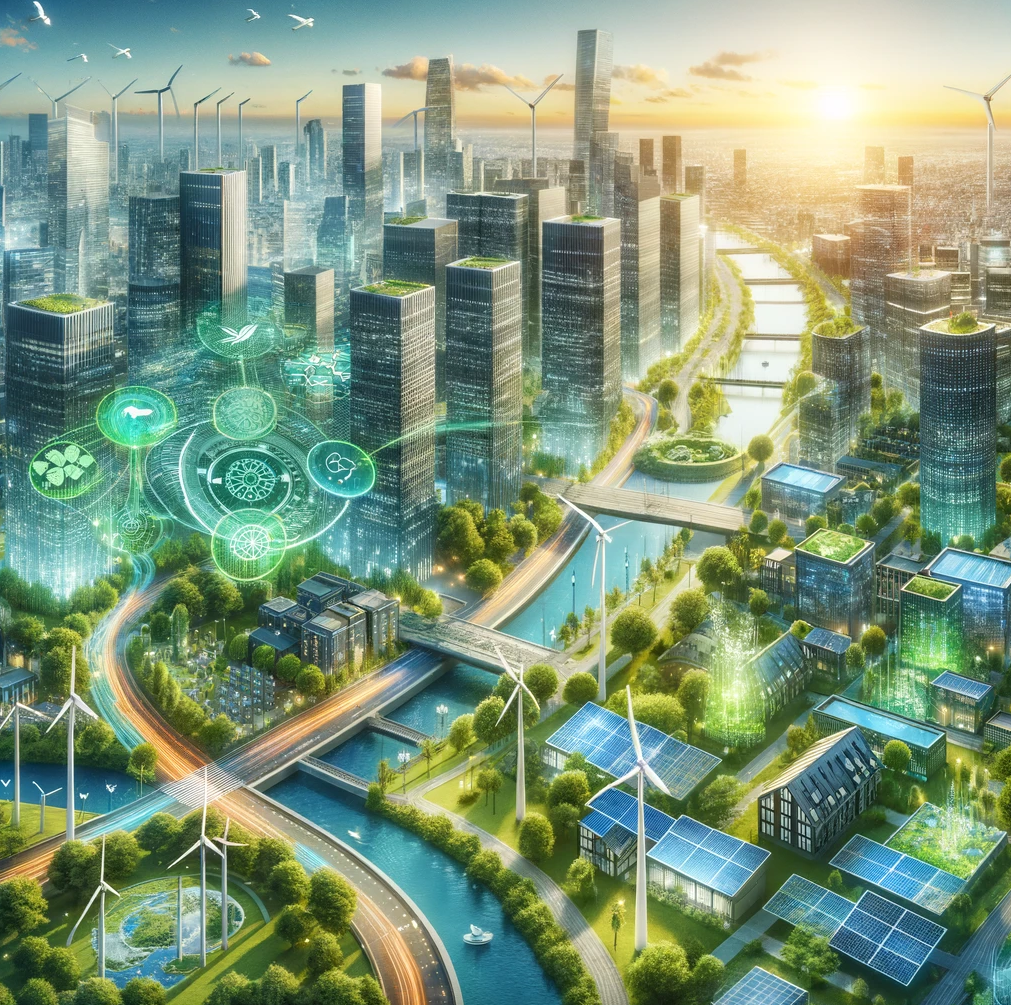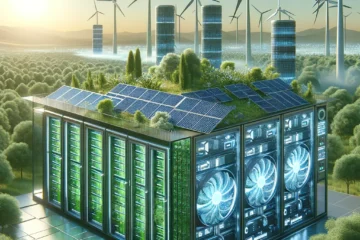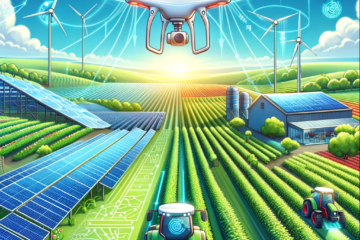Sustainable urban planning is a pivotal approach in reshaping urban landscapes to combat environmental challenges while promoting a sustainable future. By integrating green technology and ecological principles, cities can become bastions of sustainability, innovation, and health for their inhabitants. This article explores the transformative power of merging technology with ecology in urban environments, focusing on renewable energy, sustainability, smart cities, and green technology.
Renewable Energy in Urban Planning
In the quest for sustainability, renewable energy stands at the forefront of urban planning. Cities worldwide are leveraging solar, wind, and hydroelectric power to reduce their carbon footprint and ensure a stable, clean energy supply for their growing populations.
Solar Power Integration
Urban areas have vast potential for solar energy, with buildings’ roofs and unused land offering prime locations for solar panels. This not only generates electricity but also reduces heat island effects, making cities cooler and more energy-efficient.
Wind Energy in Urban Environments
Though more challenging to integrate, small-scale wind turbines can supplement a city’s energy needs, especially in areas with consistent wind patterns. Innovative designs allow for quieter, more aesthetically pleasing turbines to be incorporated into urban landscapes.
Hydroelectric Power: A Sustainable Supplement
Where geography permits, urban hydroelectric projects can provide clean, reliable energy. Small-scale hydroelectric plants can harness river or tidal flows within city limits, contributing to the energy mix with minimal environmental impact.
Sustainability through Ecological Urban Design
Sustainability in urban planning goes beyond energy, encompassing water management, green spaces, and building materials, aiming for minimal environmental impact and enhanced livability.
Water Management and Conservation
Innovative urban designs include rainwater harvesting systems and sustainable drainage solutions (SuDS) to manage water resources efficiently, reducing reliance on external water supplies and mitigating flood risks.
Incorporating Green Spaces
Green spaces are vital for sustainability, offering benefits like air purification, cooling, and biodiversity. Urban planning must prioritize parks, green roofs, and vertical gardens to integrate nature into the urban fabric.
Sustainable Building Materials
The use of sustainable, locally sourced building materials reduces environmental impact while supporting the local economy. Advanced materials like recycled steel, bamboo, and green concrete also contribute to energy efficiency and sustainability.
Smart Cities: The Nexus of Technology and Sustainability
Smart cities exemplify the integration of technology and sustainability, using data analytics, IoT, and AI to optimize resources, reduce waste, and improve residents’ quality of life.
IoT for Efficient Urban Management
IoT devices monitor and manage urban infrastructure, from street lighting to traffic flow, reducing energy consumption and improving efficiency.
Data Analytics in Urban Planning
Big data analytics offers insights into urban dynamics, enabling planners to make informed decisions on transport, energy use, and public services, tailoring solutions to real-time needs.
AI-Powered Solutions for Sustainability
AI technologies predict energy demand, optimize traffic, and manage waste, contributing to smarter, more sustainable urban environments.
Green Technology: Pioneering Sustainable Solutions
Green technology innovations are pivotal in urban sustainability efforts, offering new ways to address pollution, energy efficiency, and resource conservation.
Renewable Energy Technologies
Advancements in photovoltaic materials, wind turbine designs, and battery storage are making renewable energy more efficient and adaptable to urban settings.
Pollution Reduction Technologies
Technologies that capture CO2 emissions from urban sources or convert waste into energy are crucial for reducing urban pollution and achieving sustainability goals.
Water Purification and Recycling Technologies
Innovative water treatment and recycling technologies ensure clean water supply and efficient waste water management in urban areas, essential for sustainable urban living.
Conclusion
Sustainable urban planning, through the integration of tech and ecology, offers a pathway to resilient, livable, and sustainable cities. By harnessing renewable energy, embracing sustainability in design, deploying smart city technologies, and innovating in green technology, urban areas can become models of environmental stewardship and quality of life. The future of urban planning is not just about growth; it’s about evolving in harmony with the natural world, ensuring a sustainable legacy for generations to come.




